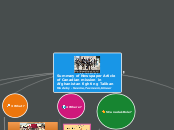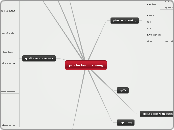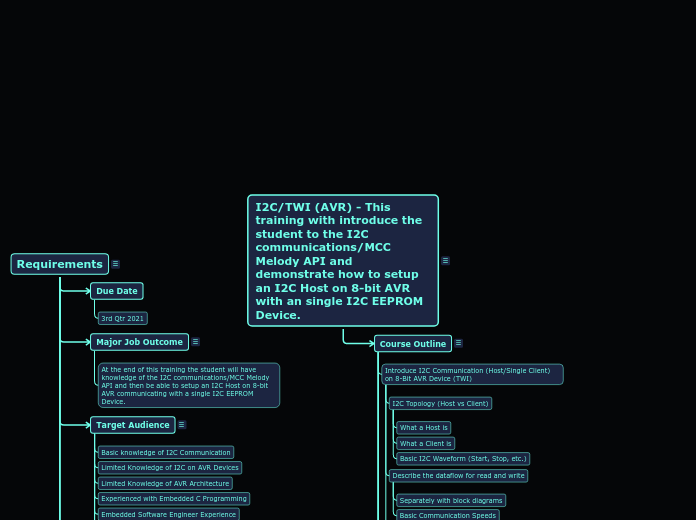arabera Seema Kharab 9 years ago
1047
Summary of Newspaper Article

arabera Seema Kharab 9 years ago
1047

Honelako gehiago


Gert Struyven‑k egina


Chuck Hellebuyck‑k egina


Putsissssss konnnnnnnnnn‑k egina


Shaun Bunch‑k egina